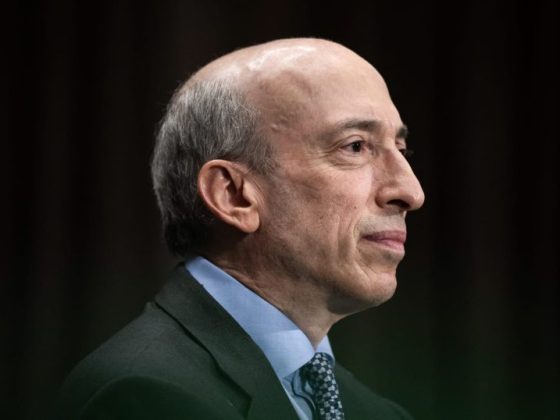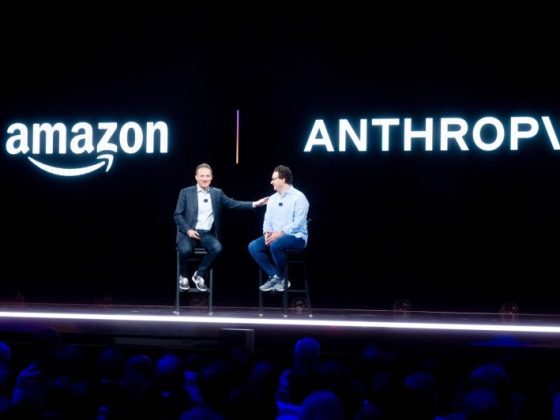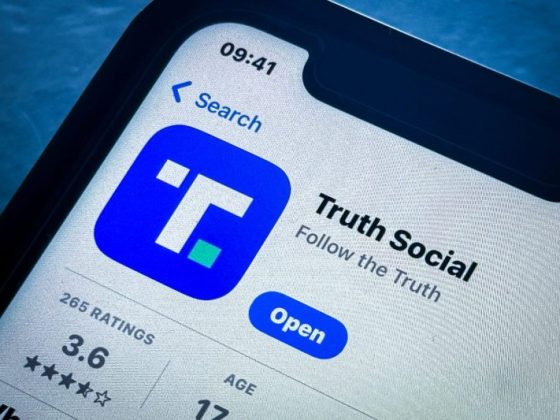J.P. Morgan Chase, one of the world’s premier global financial institutions, is bringing artificial intelligence to its employees in a grand way. The Wall Street giant is handing out AI assistants to its staff members, which are set to revolutionize the way they work. This AI assistant comes courtesy of OpenAI, the organization behind ChatGPT, and marks a significant step in the integration of artificial intelligence into daily business operations.
The AI assistant provided by OpenAI is no ordinary tool. Instead, it’s a product of state-of-the-art technologies developed by OpenAI, renowned for creating ChatGPT. The model itself is based on GPT (Generative Pretrained Transformer), which leverages machine learning to produce human-like text. This introduction of AI technology into J.P. Morgan Chase allows employees to interact with an intelligent, responsive, and intuitive assistant that can handle a range of tasks.
Supporting employees with tedious tasks is one of the key roles the AI assistant will play. Workers who spend a significant portion of their day answering emails, scheduling meetings, and handling administrative work will find their workload eased by letting the AI assistant handle these routine tasks. Beyond simply taking over responsibilities, the AI assistant can also function proactively by identifying and alerting employees to critical messages and calls to action.
Another transformative element that the AI assistant brings into play is data analysis. As the currency of the business world in the 21st century, data can reveal valuable insights into customer behavior, market trends, and operational efficiencies. With an AI assistant’s ability to analyze vast amounts of data effortlessly and provide actionable insights, workers can tap into this previously inaccessible information and make data-driven decisions.
The partnership with OpenAI, an industry leader in AI technology, is a strong strategic move for JPMorgan Chase. Not only does it cement the bank’s reputation as an innovator in the banking sector, but it also is a prime example of how the financial industry can leverage artificial intelligence for its benefit. OpenAI’s heritage, including the development of advanced tools like ChatGPT, bodes well for the quality and capability of the AI assistant given to J.P. Morgan Chase employees.
Furthermore, the use of AI technology sends a clear message about JPMorgan Chase’s commitment to digital transformation. By embracing the future, they’re not only improving their current operational efficiency but also showcasing their vision and foresight for business trends.
However, deploying AI at such a scale also brings challenges. Issues about security, privacy, and data integrity arise. The AI assistant’s integration must be done in a way that adheres to stringent security protocols to ensure that financial information and sensitive data are adequately protected.
Additionally, there’s the question of job displacement. While the AI assistant can inarguably increase productivity and efficiency, it inevitably raises concerns about job loss. However, rather than replacing workers, these AI models can be seen as tools that amplify human capabilities and allow employees to focus more on strategic and innovative tasks rather than routine work.
In conclusion, J.P. Morgan Chase’s introduction of OpenAI’s AI assistant to its employees is an impactful move. It signals the value that such high-tech tools can offer in improving productivity, efficiency, and decision-making capabilities within one of the world’s leading financial institutions. It underscores the promise of AI technology in reshaping the business landscape and serving as a valuable ally in the ongoing quest for innovation and progress. Notwithstanding the challenges, the potential benefits are vast and far-reaching, offering exciting possibilities for the future of work in the financial sector.











